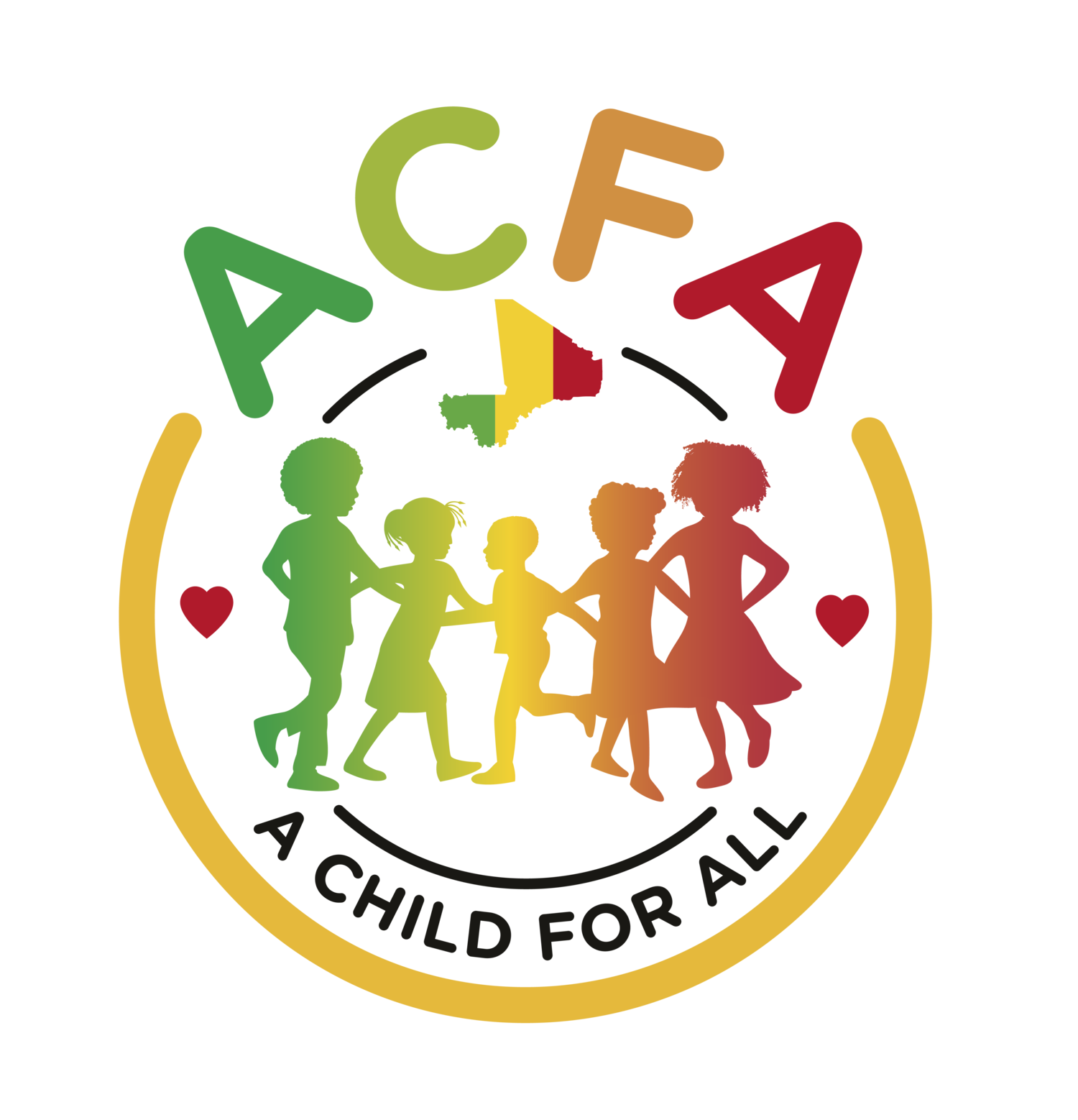Combating Child Labor in Mali: Understanding the National Action Plan
Introduction
Child labor remains a pressing issue in Mali, jeopardizing the well-being and future prospects of countless children. In a remarkable step towards eradicating this problem, Mali has introduced a comprehensive National Action Plan to Combat Child Labor. This blog post delves into the details of this action plan, highlighting its significance, key objectives, and the collaborative efforts aimed at addressing child labor in Mali.
1. Understanding the National Action Plan:
Mali's National Action Plan to Combat Child Labor is a strategic framework that outlines the country's commitment to eliminating child labor and creating a safe environment for all children. The plan focuses on prevention, protection, and rehabilitation measures, targeting the root causes of child labor and establishing robust systems to safeguard children's rights.
2. Key Objectives and Strategies:
The action plan sets forth a series of objectives to combat child labor effectively. These objectives include raising awareness about child labor's detrimental impacts, strengthening legislative measures, enhancing social protection programs, and improving access to quality education for vulnerable children. By tackling child labor comprehensively, Mali aims to create lasting change and ensure a brighter future for its children.
3. Strengthening Legislative Measures:
To effectively combat child labor, Mali recognizes the importance of robust legislation and enforcement mechanisms. The action plan emphasizes the need for strengthened legal frameworks, aligning national laws with international conventions and standards. This enables stronger measures to prevent and punish those involved in child labor practices.
4. Collaboration and Partnerships:
Addressing child labor requires collaboration among various stakeholders, including government agencies, civil society organizations, international partners, and communities. The national action plan promotes partnerships to enhance coordination, share resources, and pool expertise, fostering a collective effort to combat child labor effectively.
5. Prevention through Education and Awareness:
Education plays a pivotal role in preventing child labor. The action plan places a strong emphasis on increasing access to quality education for vulnerable children, providing them with opportunities for growth and development. Additionally, awareness campaigns targeting communities, parents, and employers are vital in changing societal attitudes towards child labor and promoting its eradication.
6. Social Protection and Rehabilitation:
The action plan recognizes the need for social protection measures to support families and vulnerable children. It focuses on providing access to social services, healthcare, and financial assistance, enabling families to protect children from engaging in hazardous work. Rehabilitation programs are also emphasized to reintegrate former child laborers into education and training programs for a brighter future.
Conclusion
Mali's National Action Plan to Combat Child Labor is a significant step towards eradicating child labor and safeguarding the rights of vulnerable children. By prioritizing prevention, protection, and rehabilitation, and fostering collaborations among various stakeholders, Mali aims to create a society where every child is free from the shackles of labor and can pursue a fulfilling childhood and a promising future. Together, let us support and amplify the impact of this action plan, striving for a Mali where children are cherished, protected, and empowered to thrive.
